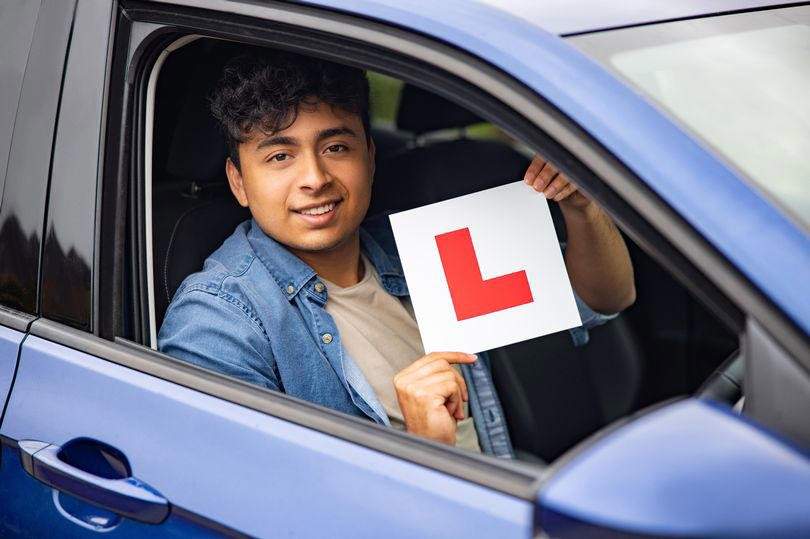


Discover 10 essential tips every learner driver in the UK should know. From safe driving habits to passing your test, boost your confidence on the road.
Are you ready to start learning how to drive? Learning to drive is an exciting journey, but it can feel difficult at first. It is important to take things step by step, from applying for your provisional licence to preparing for your practical test. Preparing in the right way helps you feel more confident and safe
Before you begin, knowing some key tips can really help. These tips will make learning easier and less stressful. With good advice and practice, you can pass your test and become a careful driver. Being prepared is the best way to succeed on the road.
The very first thing you must do is apply for your provisional driving licence. You can do this online on the GOV.UK website or by filling out a D1 application form from the Post Office. This licence is the first step before you can book any lessons. Without it, you cannot legally drive or take lessons.
When picking a driving school or instructor, look for these good qualities: lots of experience, lots of patience, and good reviews from other students. Choosing a DVSA-approved instructor is a big advantage, as they follow official rules and teach correctly. Many learners taking UK driving lessons find that highly rated schools stand out for their excellent teaching and friendly instructors.
The Highway Code is a set of the rules of the road in the UK. Knowing it well helps you understand what to do when driving. It also helps a lot for both the theory test and the practical driving test. You will feel more confident if you know the rules properly.
To pass the theory test, it’s best to use practice apps, helpful books, and fun online tools. When you pass the theory test, it gives you great confidence for your practical lessons. You know you understand the rules and good driving habits before you get behind the wheel.
Taking lessons frequently is better than having long gaps between them. Regular practice helps you build your driving skills and remember what you learnt last time. Most learner drivers need several lessons to be ready for the test, but keeping a steady pace helps a lot.
You can practise outside of your lessons only if you meet legal requirements. You must have insurance and be supervised by someone qualified, as required by law. Extra practice on different types of roads such as quiet streets, busier roads or roundabouts helps you become more confident behind the wheel.
There are common driving tasks you must learn well, such as parallel parking, turns in the road (three-point turns) and reversing. Examiners watch these closely during the test, checking that you have good control and watch what’s around you. Practising these tricks helps you do them smoothly and safely.
Being able to calm your nerves is important during lessons and especially during the test. Try taking slow, deep breaths, focusing on one thing at a time, or imagining yourself doing well. Staying calm helps you think clearly and drive safely, even when you feel nervous.
Learning the roads around your test centre helps a lot. Practising near the test centre means you get used to any tricky spots examiners like to use. If a junction, roundabout or tricky lane comes up during the test, it will feel much more familiar, and you can stay calm.
Driving safely is always more important than just passing. Get into good habits like checking your mirrors often, using your indicators correctly, and keeping to a safe speed. It’s better to be a safe driver today and every day, rather than rushing and putting yourself or others at risk.
These tips will make learning easier and less stressful. With good advice and practice, including options like learn to drive quickly intensive courses, you can pass your test and become a careful driver. Being prepared is the best way to succeed on the road.
